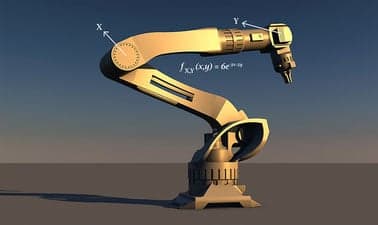DelftX: Statistics
This course provides an overview of bachelor-level statistics. You will review the concepts of descriptive and inferential statistics. You will use the statistical software package R on real data to gain insight in these topics.

- Certification
- Certificate of completion
- Duration
- 3 weeks
- Price Value
- $ 149
- Difficulty Level
- Intermediate









